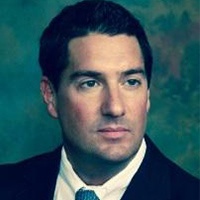New Haven County, CT Criminal Lawyers
Sponsored Law Firm
-
 x
x

Click For More Info:
-
Andrew M Amendola, Attorney at Law
591 Thompson Avenue East Haven, CT 06512» view mapAccident & Injury, Criminal, Estate, Real Estate Where Every Client Matters
Let Andrew M Amendola, Attorney at Law handle all your legal needs today@
800-942-4780
James William Cummings
✓ VERIFIEDAt your side, on your side, every step of the way Respected personal, family, business and general practice lawyer James W. Cummings stands by his ... (more)
Scott Leventhal
✓ VERIFIEDRepresenting the accused and the injured since 1957. We understand that sometimes good people make mistakes. The story of the LoRicco family and t... (more)
Herbert Ira Mendelsohn
✓ VERIFIEDHerbert Mendelsohn is a personal injury lawyer proudly serving clients in New Haven, Connecticut and the neighboring communities.
Daniel A. Esposito
✓ VERIFIEDDaniel is a decorated police officer who spent 9 years in law enforcement, where he received an academic award of excellence from the Milford Police A... (more)
Edward J. McManus
FREE CONSULTATION
CONTACTFREE CONSULTATION
CONTACT Andrew Amendola East Haven, CT
Andrew Amendola East Haven, CT AboutAndrew M Amendola, Attorney at Law
AboutAndrew M Amendola, Attorney at Law




